Hours after President Joe Biden said he would support a cease-fire, dozens of Israeli jets launched more than 100 missiles into the Gaza Strip overnight as the fighting entered its second week.
The Israeli military said some 110 guided missiles, launched from 62 fighter jets, had targeted the “metro,” a network of tunnels used by Hamas — the militant group that governs the tiny impoverished Gaza Strip.
At least 212 people, including 61 children, have been killed by the Israeli airstrikes over the past week, according to the Gaza Health Ministry. Sixteen Palestinians have also been killed in clashes in the occupied West Bank. A general strike was underway Tuesday, called by Palestinians in a mark of solidarity with those in Gaza.
Since early last week, Hamas has launched some 3,440 rockets from Gaza into Israel, killing 12 people, including two children, officials there said.
Israeli Prime Minister Benjamin Netanyahu, after touring an air force base Tuesday, said the end was not yet in sight for the conflict.
“I conduct situation assessments and we make decisions,” he said. “We will continue as long as necessary to restore peace to all Israeli citizens.”
Also Tuesday, Israeli authorities said that a decision had been made to stop aid trucks from entering the blockaded Gaza Strip, after a mortar bomb hit a border crossing and other bombs were fired at a separate border junction as trucks entered the enclave.
The trucks contained medical equipment, animal feed and fuel tanks for use by international organizations in Gaza, according to officials.
The toll on civilians in Gaza, home to 2 million Palestinians, has been high.
As well as the deaths and injuries, some 2,500 people have been left homeless after at least 90 buildings including hundreds of housing units have been destroyed, according to a statement Monday by the United Nations Office for the Coordination of Humanitarian Affairs.
Schools and hospitals have been damaged, the agency said, including those run by international organizations such as Doctors Without Borders. One high-rise building destroyed by Israeli jets housed The Associated Press and the Al Jazeera news organizations.
“We are in war, we have entered a seventh day of war,” Matthias Schmale, director of operations at the U.N. Relief and Works Agency in Gaza, told NBC News in an interview. “The population is terrified, they’ve started moving from their homes because they no longer feel safe.”
He added that “no place in Gaza is safe.”
A spokeswoman for the Israeli police said Tuesday that the service had received a report that a rocket had struck the Eshkol region, which borders Egypt and the Gaza Strip, causing a number of casualties.
The Israeli rescue service Magen David Adom reported that a rocket had killed two people and injured seven, one severely, in the region.
Israel’s Iron Dome missile defense system intercepts an estimated 90 percent of rockets fired by Hamas. The rockets that have broken through have lit up the skies over cities such as Tel Aviv and caused people to flee into underground bomb shelters.
Meanwhile, unrest has spread outside Gaza.
The Israeli Defense Forces said Tuesday that a number of protesters in the Ramallah district of the West Bank fired at Israeli troops. Two soldiers were taken to hospital with leg injuries, it added. One Palestinian was killed and 64 wounded in the Ramallah unrest Tuesday, according to the Gaza Health Ministry.
Though Biden told Netanyahu on Monday that he supported a cease-fire, he has so far resisted pressure, much of it from within his own Democratic Party, to criticize Israel’s actions.
The U.S. earlier also blocked a statement by the United Nations Security Council that called for an end to “the crisis related to Gaza” and for the protection of civilians.
Israeli Defense Minister Benny Gantz thanked the Biden administration “for rightly preventing the unjust U.N. Security Council statement criticizing Israel’s actions in Gaza.”
The U.S. gives Israel $3.8 billion a year in military aid, equivalent to 20 percent of Israel’s defense budget and nearly three-fifths of U.S. foreign military financing globally.
Long-running tensions reignited last week after Israeli police raided Jerusalem’s Al-Aqsa Mosque compound while Palestinian worshippers were praying there during Ramadan, the Muslim holy month. Hamas responded by firing rockets into Israel, which has replied with its own bombing campaign.
Netanyahu told Israelis on Sunday that they should be ready for an extended military campaign.
The Israeli military says it tries to minimize civilian injuries and deaths, and accuses Hamas of using people as human shields.
But people in Gaza are scared.
Amani al Shawarbgee, 43, a teacher in Gaza, said in an interview Monday that she was forced to leave to find shelter elsewhere when a bomb exploded by her house.
“We left because our windows [were] broken and fire entered our house,” she said.
Shawarbgee said the hopelessness of life in Gaza makes her students angry and despondent.
When she encourages them to learn, she said they tell her, “Learn to be what? If we die, there is no need for our education.”
“They feel there is no future,” she added.
The Norwegian Refugee Council said Tuesday that 11 of the children killed by Israeli airstrikes in Gaza over the last week were participating in its psychosocial program aimed at helping them deal with trauma.
All of the children, between 5 and 15 years old, were killed in their homes in densely populated areas, the humanitarian group added.
On Tuesday, Palestinians in Israel, Jerusalem and the West Bank observed a general strike to protest what activists and human rights groups say is a system of apartheid, of which the latest Gaza conflict is only one manifestation.
Lema Nazeeh, 32, one of the organizers of the general strike in Ramallah, said the events in Gaza were uniting all Palestinians against an “apartheid colonial regime.”
Israel rejects that characterization and accuses Hamas of inciting violence across the region.
“Unity can make us stronger,” Nazeeh added. “We all feel actually our freedom is very near and very close.”
Alexander Smith, Saphora Smith and Adela Suliman reported from London, and Paul Goldman and Lawahez Jabari reported from Tel Aviv. The Associated Press contributed to this report.

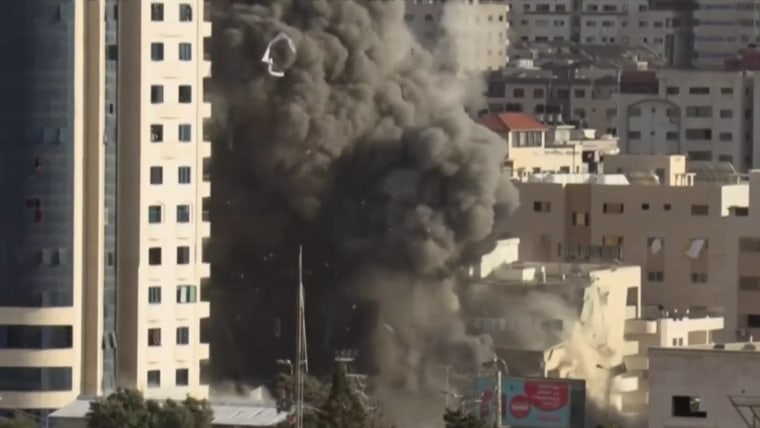
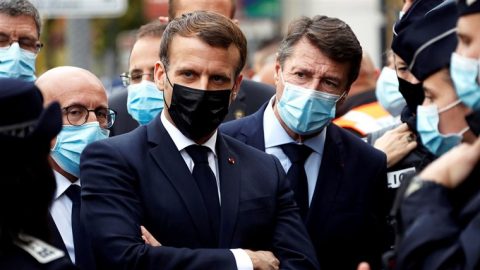

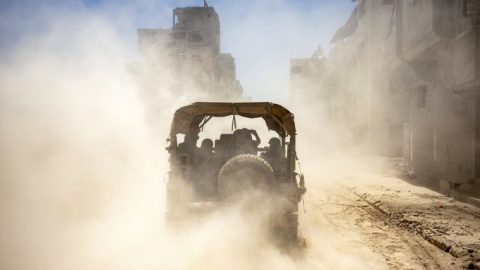
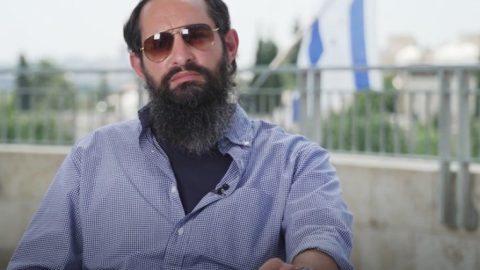

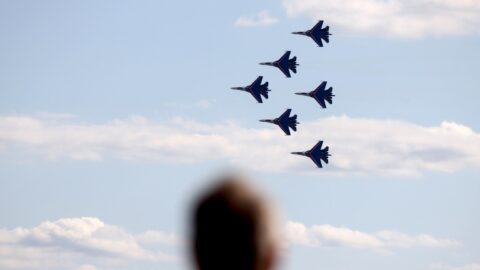

Recent Comments